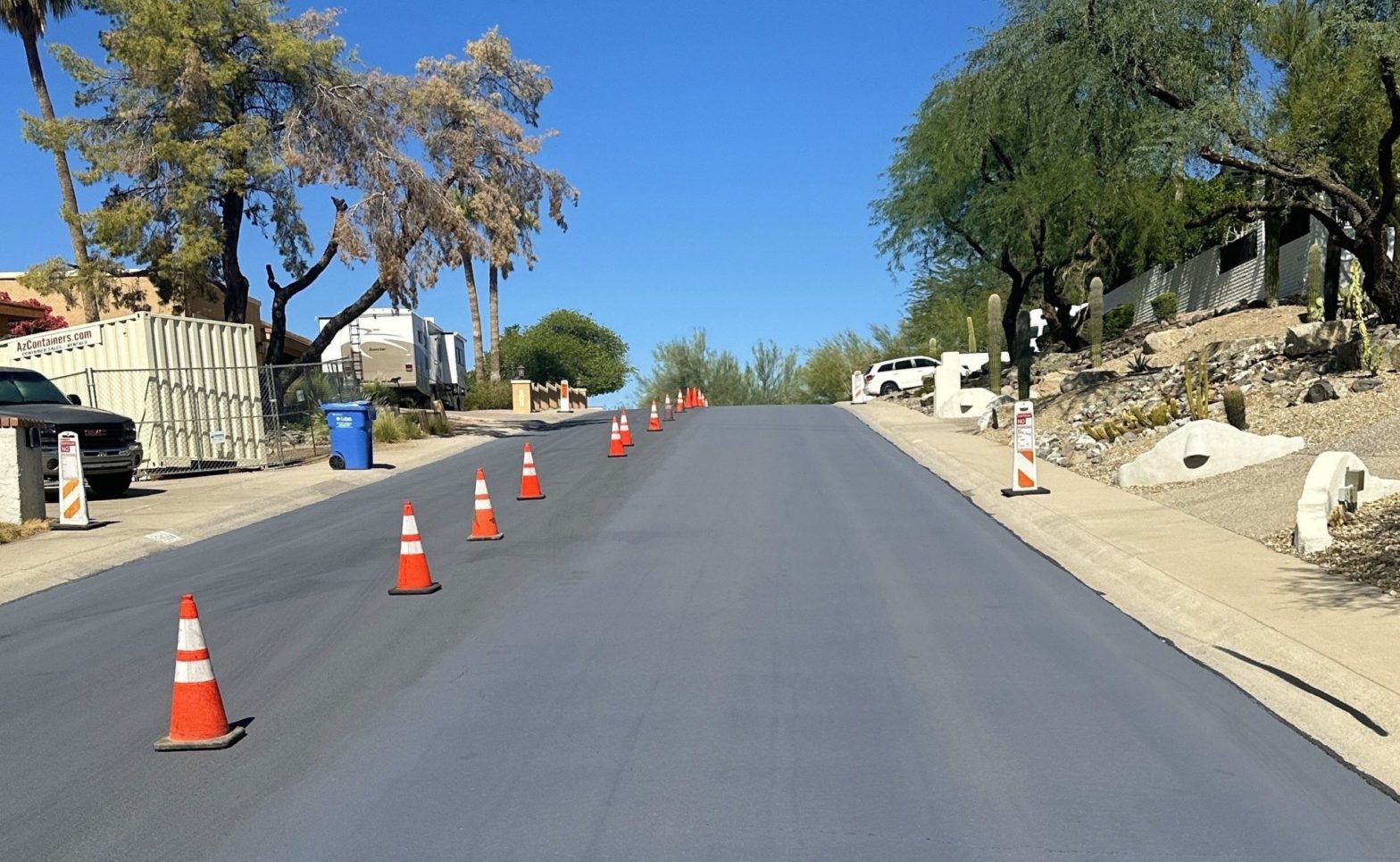
Post COVID-19 economic resilience roadmap launched
27 April 2020
by Jonathan Andrews
To help cities and communities pivot from recovery to resilience in the wake of COVID-19, Resilient Cities Catalyst (RCC) has launched a series of open-access resources to help US cities apply resilience thinking into their economic plans.
The first resource available focuses on building local mechanisms to support national infrastructure and create “complete communities”.
Jeb Brugmann, Founding Principal at RCC–which was launched by former executives of 100 Resilient Cities–, told Cities Today that although funding is coming from government in the form of small business loans, rent and tax relief, more is needed to connect with low-income households.
“At the local level that’s a harder nut to crack,” he said. “Cities, typically in the US, don’t always have great relations with their low-income communities or disinvested communities. This is a real moment where those relationships can be strengthened.”
He recommends cities to build long standing partnerships with community based organisations and mobilise those at ground level through Community Development Corporations and community development finance institutions.
“Given the extent to which distressed communities are not only a weight on the economy in normal times but actually are the weak link when it comes to recovering from the shock of this nature, we need to establish an institutional layer within the United States.”
The roadmap for economic resilience, Recovery from COVID-19: It’s time to build a U.S. national infrastructure for economic resilience, lists four fundamental weaknesses and opportunities for cities and communities.
This includes to establish stable mechanisms to support household income; increase incentives and reinforce innovations for (re)building complete communities that are inclusive and fully served; establish stable mechanisms for reducing, mitigating, and transferring risk in the local small business ecosystem; and integrate resilience assessment and measures into local economic development planning.
“This crisis highlights to us that a complete community has a whole economic infrastructure associated with it too, that is built and supported in place,” he explained. “This whole dimension of how building cities to be able to manage their way through crisis, and then continue to bounce back quickly and pursue their development objectives, actually requires that we think about the whole topology of the way we’re doing city development.”
Additional resources from RCC on COVID-19 will explore:
- The compounding shocks of COVID-19 and climate change.
- Impacts of the pandemic on informal settlements.
- Critical need for urban design, social infrastructure and public spaces.
- Manipulating municipal levers to better navigate through austerity.
Brugmann added: “This is a critical time for city leaders, business communities and local stakeholders to assess their vulnerabilities objectively and squarely. Every single start-up measure is not only a chance to limit further losses. It is also a chance to build and invest in a more resilient future for local households and employers.”






